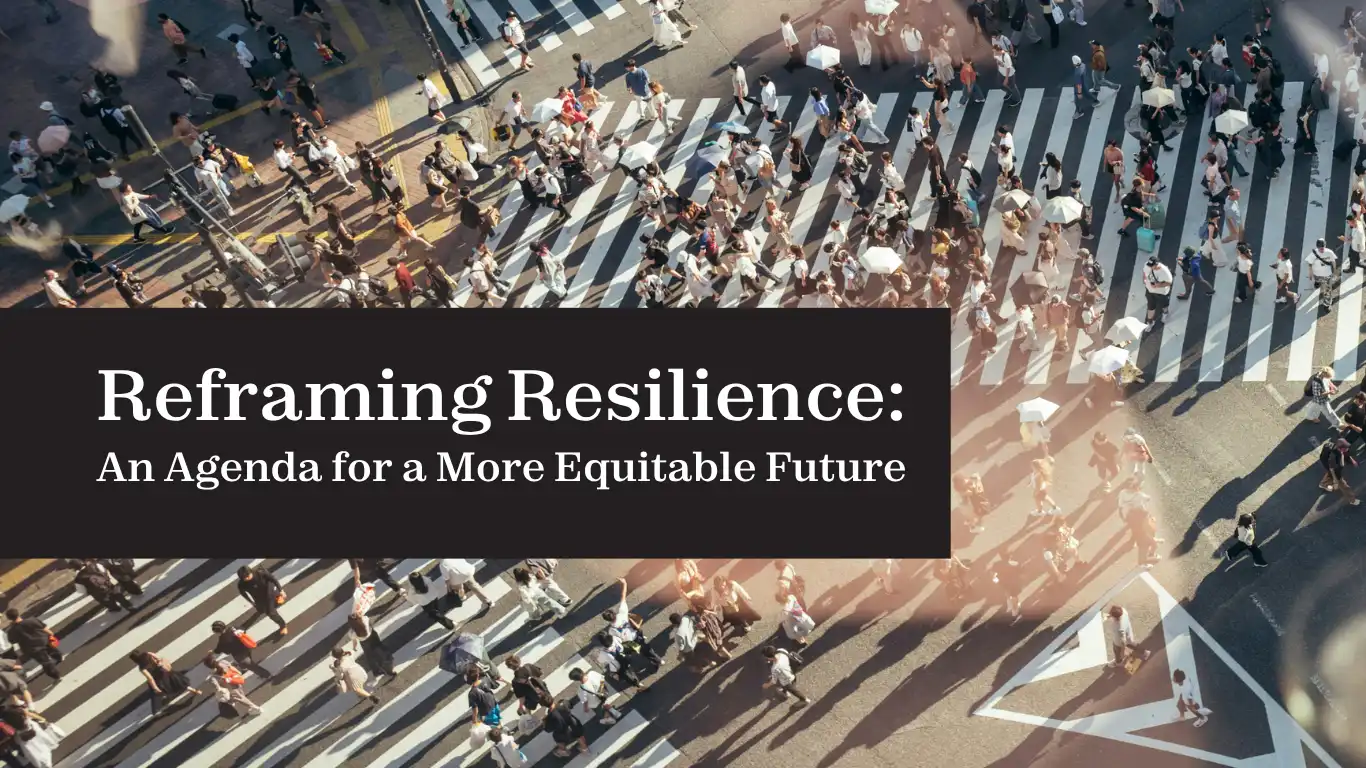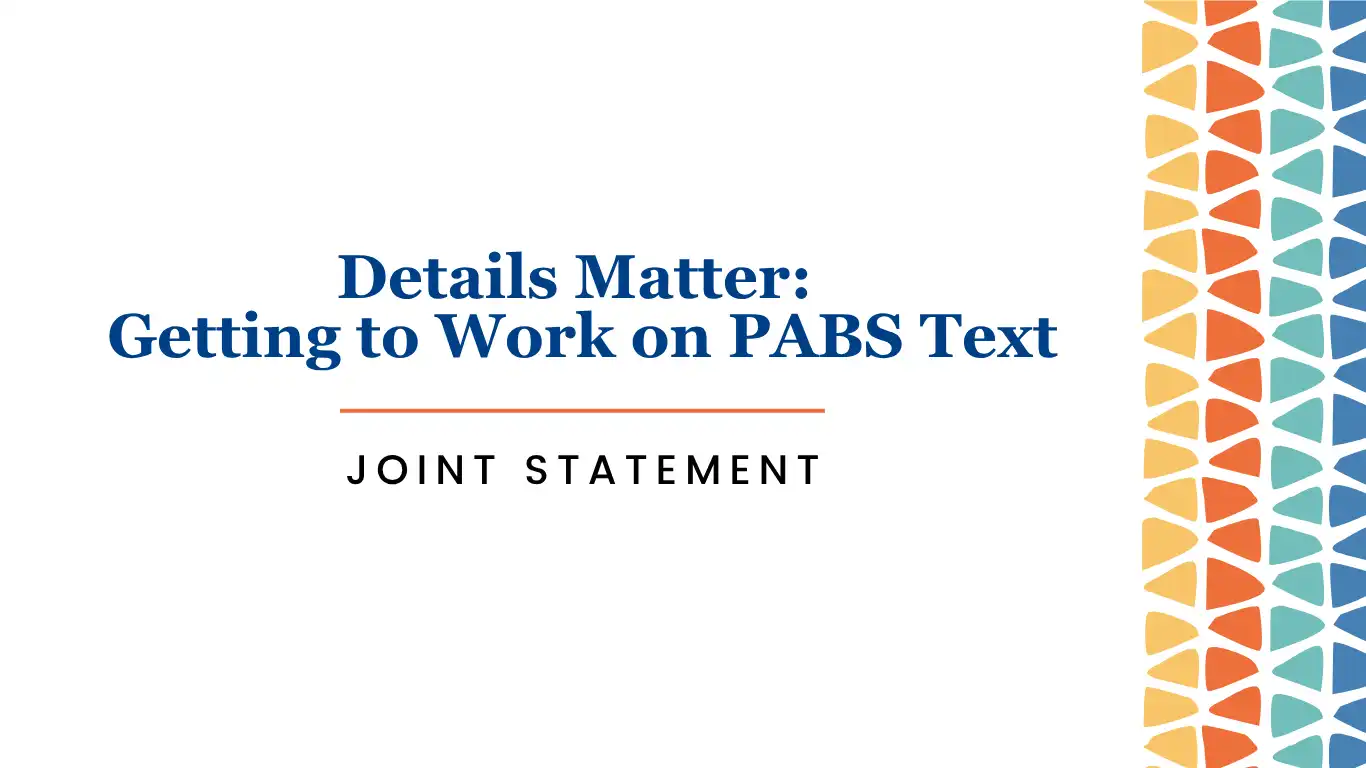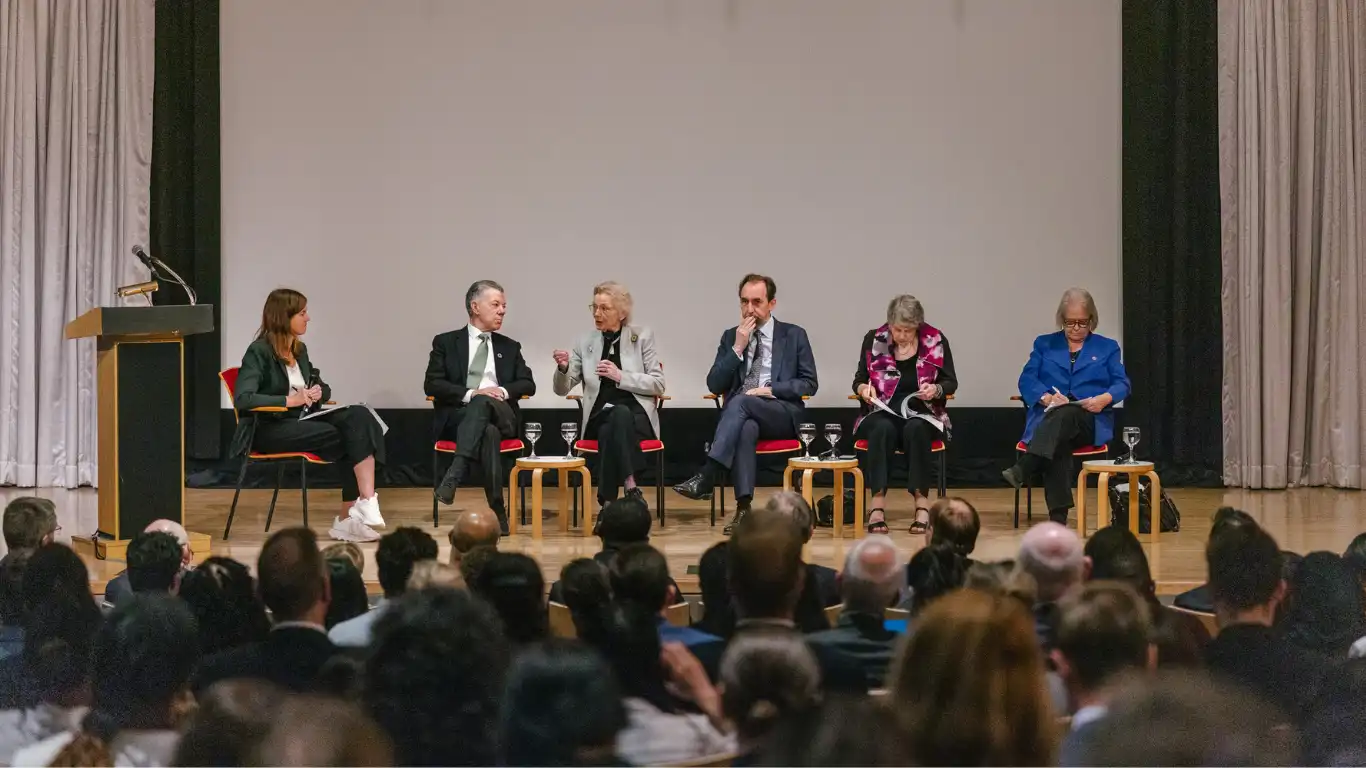In an era of overlapping crises — climate change, pandemics and health emergencies, and conflict — a new discussion paper, with contributors from the London School of Economics and Political Science (LSE) and PAN, frames a resilience agenda that is fit-for-purpose by prioritising systems performance and human security, strengthening core systems, and embedding equity as a foundational principle.
The paper frames resilience as the ability of people and institutions to respond to shocks while sustaining dignity, agency, and essential functions and to build forward toward stronger, more inclusive, and sustainable systems.
To guide priorities, the authors offer the 3A+ framework, which, building on existing models, integrates Anticipate, Absorb, and Adapt functions, with Advance Equity as a cross-cutting enabler of resilience. This agenda offers:
- A broadened, integrated definition of resilience that moves beyond siloed climate, health, or single-issue based approaches.
- A concise 3A+ framework to align governance, financing, and operations across intersecting risks.
- A set of cross-sectoral investment options to guide immediate action and longer-term system strengthening.
The paper offers decision-makers practical ways to operationalise investments in resilience. These initial recommendations are timely for COP30 in Belém and beyond, where stakeholders are uniquely positioned to advance this integrated agenda through climate finance mechanisms, national adaptation plans that incorporate health and peace considerations, and new solidarity levy instruments that can fund cross-sectoral resilience investments
Authored by LSE’s Komala Anupindi, Arush Lal, and George Wharton and PAN’s Luisa Mucci and Eloise Todd, this paper is intended to contribute to the debate around solidarity levies mechanisms to fund climate and development and expand the conversation to a broader resilience agenda. More than 40 stakeholders from Africa, Asia, Europe, and the U.S. were consulted on the draft.
This paper is designed to be a living resource used to support ministries, multilateral platforms, and community-led coalitions in choosing what to fund now to protect lives and livelihoods — while building the systems that will carry societies through to 2050.
Read the paper: Reframing Resilience: An Agenda for a More Equitable Future



